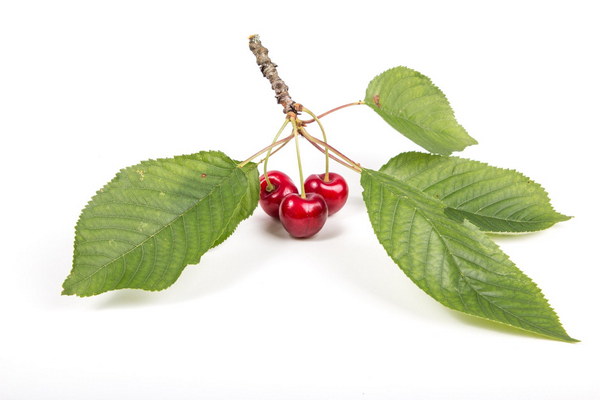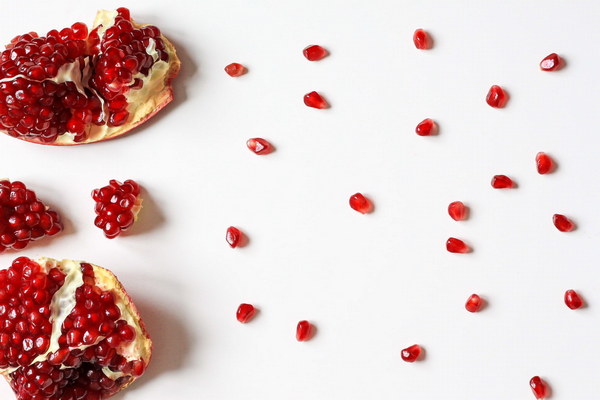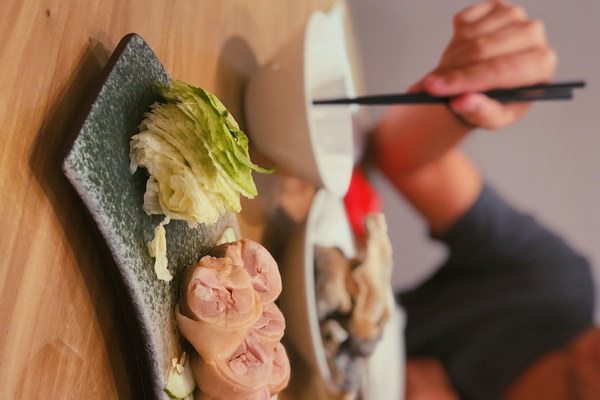Does Kuding Tea Really Benefit the Lungs and Liver
Kuding tea, a traditional Chinese herbal beverage, has been gaining popularity for its numerous health benefits. One of the most frequently discussed advantages is its potential to nourish the lungs and protect the liver. But does kuding tea truly live up to these claims? Let's delve into the science and folklore behind this ancient herb.
The Legend of Kuding Tea
According to Chinese mythology, kuding tea was discovered by a Taoist hermit who was searching for the elixir of life. After a long journey in the mountains, he stumbled upon a plant that, when brewed, produced a tea with a bitter taste. The hermit noticed that the tea had a calming effect on his body and mind. Over time, he realized that the tea not only improved his overall health but also helped him to breathe easier and maintain a healthy liver.
Scientific Benefits of Kuding Tea

Modern science has started to uncover the potential health benefits of kuding tea. Here are some of the key reasons why this herb might be beneficial for the lungs and liver:
1. Antioxidant Properties: Kuding tea is rich in antioxidants, which help to neutralize harmful free radicals in the body. This can reduce oxidative stress and inflammation, which are both factors that can damage the lungs and liver.
2. Liver Protection: The tea contains compounds that have been shown to protect the liver from toxins and may even help to regenerate liver cells. It is believed that kuding tea can support liver function and help to improve overall liver health.
3. Lung Health: Kuding tea is known for its ability to improve respiratory health. It is thought to help clear the respiratory tract of mucus and reduce inflammation, which can alleviate symptoms of respiratory conditions like asthma and bronchitis.
4. Detoxification: Kuding tea is often used in traditional Chinese medicine for its detoxifying properties. It is believed to help eliminate toxins from the body, which can contribute to better overall health and potentially protect the lungs and liver from harmful substances.
5. Blood Pressure Regulation: High blood pressure can strain the lungs and liver. Kuding tea contains compounds that may help to lower blood pressure, thereby reducing the stress on these organs.
How to Incorporate Kuding Tea into Your Diet
If you're interested in trying kuding tea to potentially benefit your lungs and liver, here are some tips on how to incorporate it into your diet:
- Brewing the Tea: Use fresh, dried kuding leaves and steep them in hot water for about 5-10 minutes to extract the maximum benefits.
- Serving Suggestions: You can enjoy kuding tea as a hot beverage or let it cool to room temperature to drink it cold. It can be consumed several times a day, but it's always best to consult with a healthcare professional before making significant changes to your diet or health regimen.
- Combining with Other Herbs: Kuding tea can be combined with other herbs that support liver and lung health, such as milk thistle or ginger, to create a more potent wellness beverage.
Conclusion
While there is scientific evidence to support the claims that kuding tea may benefit the lungs and liver, it's important to remember that individual results may vary. As with any dietary or herbal supplement, it's always best to consult with a healthcare provider before starting a new regimen. Kuding tea could be a valuable addition to a holistic approach to health and wellness, but it should not replace medical treatment or advice when dealing with specific health concerns.









